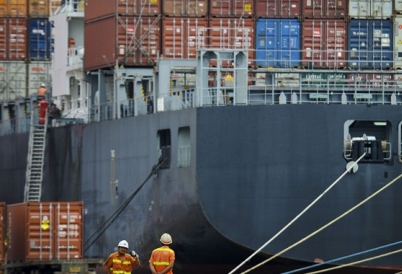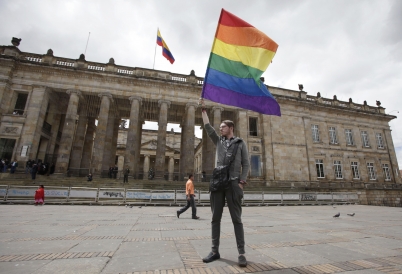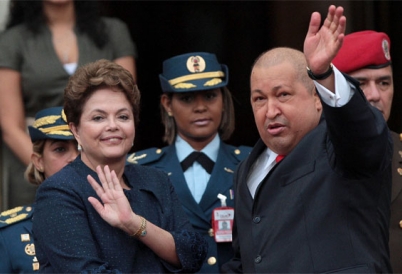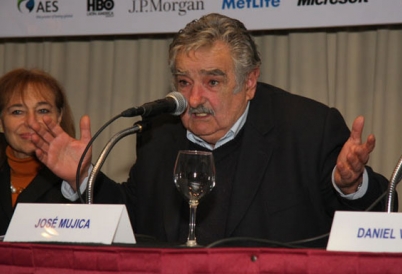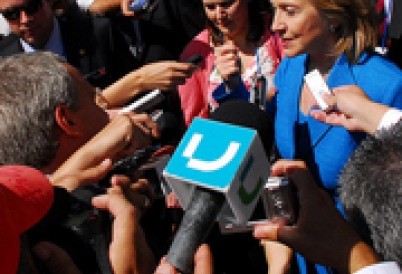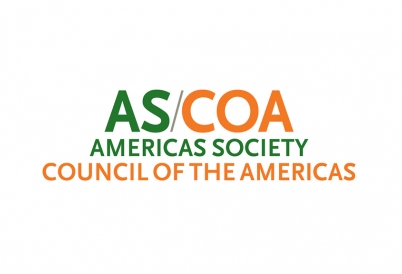South American leaders head to Equatorial Guinea this week to talk trade with their African counterparts.
Congressional votes and court decisions this month are bringing several countries closer to marriage rights for LGBT couples.
The Andean country becomes a full member of the regional bloc on July 31. Will the new membership increase trade among members, or jeopardize the organization?
At AS/COA's Montevideo Conference, speakers discussed the role of technological innovation in the country's social and economic development.
Brazil's Iran ties and a devestating earthquake in Chile have been the main focuses of U.S. Secretary of State Hillary Clinton's Latin American travels this week. Her trip, from February 28 through March 5, brings her to Uruguay, Argentina, Chile, Brazil, Costa Rica, and Guatemala.
President-elect José Mujica takes office March 1 amid expectations that he will continue moving forward with the policies of his predecessor and Frente Amplio colleague, Tabaré Vázquez. The AS/COA looks at his inauguration, the composition of his cabinet and Uruguay’s’ newly inaugurated General Assembly.
From October 2009 through October 2010, seven presidential races are taking place in Latin America, with elections in Uruguay, Honduras, Bolivia, Chile, Costa Rica, Colombia, and Brazil. AS/COA offers an interactive guide to the results thus far and poll figures for elections yet to come.







